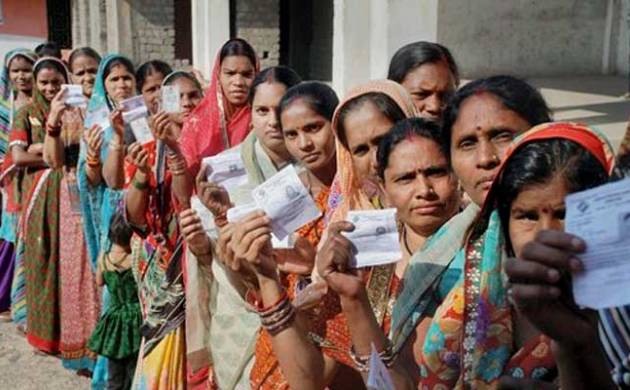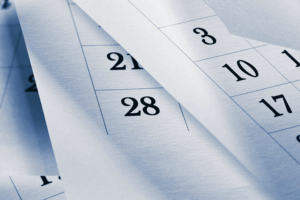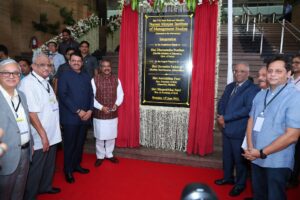
An exit poll on Sunday predicted that the BJP-Shiv Sena alliance could achieve a 42-45 seats out of the 48 seats in Maharashtra in the Lok Sabha elections 2019.
The News18-Ipsos exit poll showed Congress and NCP together winning only 4-6 seats in the state.
Ipsos is the world’s top international pollster and is said to be a solid track record that has been successful in predicting the electoral outcomes of several elections around the world with accuracy.
With 48 Lok Sabha seats at stake, Maharashtra voted in four phases on April 11, 18, 23 and 29. The polling started from the Vidharbha region.
The aggregate voting percentage in the first and second phase of the Lok Sabha elections in Maharashtra was 63.04 and 62.88 percent, respectively. The voter turnout in the third phase stood at 62.33 percent while in the fourth phase, it stood at 57.32 percent.
In 2014, the Bharatiya Janata Party-Shiv Sena-led NDA had taken over the state’s 42 seats, while the Congress and the Nationalist Congress Party (NCP) alliance was reduced to a total of 6 seats, with the Congress dropped to just 2 seats.
The BJP and Shiv Sena gained momentum by sealing a seat-sharing pact, after 3 years of uncertainty. The opposition fought all 48 seats together with the NCP getting 26 seats, while the Congress having foothold in only 22 seats.
ABP-Neilsen predicts 34 seats to the BJP and 14 to the Congress, while India Today-Axis has the BJP between 38-42 seats and the Congress at 6-10.
To predict the number of seats likely to be won by each of the political parties (or alliances) contesting the general election, a total of 199 parliamentary constituencies were selected out of 543 across 28 states of India. Within the parliamentary constituencies, 796 assembly constituencies were selected, and then 4,776 individual polling station areas were selected for conducting interviews. In each polling station, around 25 voters were chosen at random depending on the terrain and voter turnouts in that particular polling station. A total of 1,21,542 voters were interviewed from the 199 constituencies.
India’s parliament has 545 vacant seats, out of which the BJP won 282 in the previous general election in 2014 to secure a single-party majority for the first time in around three decades.
Indians voted in the seventh and final phase of national elections on Sunday, closing up a roughly six-week-long punishing and a bitterly-fought election campaign that often turned ugly with politicians hurling personal insults at each other.
Counting of votes is scheduled for May 23.



